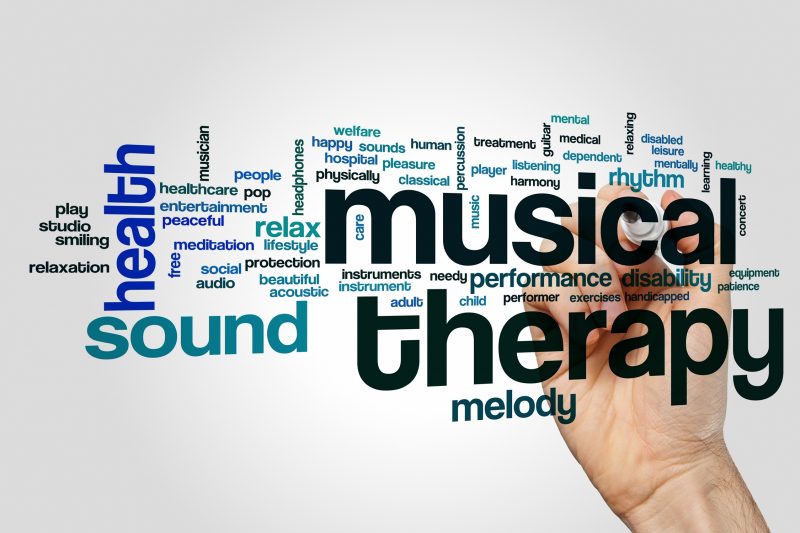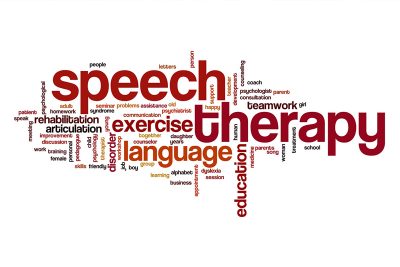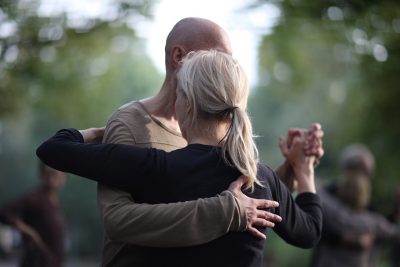Music Therapy

Music therapy is a highly regarded complementary therapy for people with Parkinson’s and several studies have shown music therapy to be extremely beneficial with the ability to treat motor and nonmotor symptoms and to improve quality of life.
Music therapy involves the use of music within a therapeutic relationship to address the physical, emotional, cognitive and social needs of individuals. For some people with Parkinson’s, music therapy is powerful enough to decrease freezing, improve gait and speech, increase postural control and improve cognition. Music therapy includes creating or playing music, singing, moving to, and/or listening to music, all which can produce substantial effects on movement-related symptoms as well as psychological ones in Parkinson’s treatment.
One particular technique of music therapy is known as rhythmic auditory cueing, in which rhythm is used to facilitate movement and improve gait. People with Parkinson’s often note that moving or walking to a rhythm helps to improve their movement and employing rhythm to help people with Parkinson’s is frequently used by rehabilitation experts. Music is a great way to provide that rhythm and get movement going.
According to The British Academy of Sound Therapy, in their recent research, 89% of people thought that music was essential for their health and/or wellbeing. It came as a surprise that such a high percentageof people used music in this way and that this may account for the rapid growth of therapeutic music such as:
- Music for Relaxation
- Music for Happiness
- Music for Concentration
- Music to Process or Release Sadness
Listening to music is often described as being uplifting, and so it is no wonder that it is good for your health and can improve quality of life for those with Parkinson’s. A review of music therapy programs in the scientific literature shows that playing and/or listening to music may have an effect on emotions, behaviours, movement, communication, and cognitive factors. The impact can modify brain activityresulting in changes that are significant for those who have been impaired by neurological damage.Listening to music can stimulate the production of dopamine and serotonin, neurotransmitters that are in reduced in people with Parkinson’s Disease. It also increases endorphins which block pain and bring about feelings of pleasure.
Daphne Bryan who has been living with Parkinson’s for over 10 years, has used music to improve various Parkinson’s symptoms including swallowing, speaking, walking and her gait. Daphne said ‘A few years ago, I began having problems with my speaking voice. I also developed problems swallowing. Drinking water would result in my coughing because some had gone the wrong way. Music once again came to my rescue, this time in the form of singing and most days I either sing with exercises on YouTube or I sing along with a playlist of my favourite songs. The good news is that you can make a less than pleasant sound and be completely out of tune, but it will still strengthen the muscles that look after your voice and swallowing. I am delighted to say that my speaking voice is now strong and loud, and I rarely cough when swallowing.’




